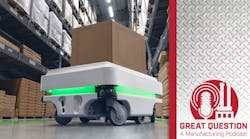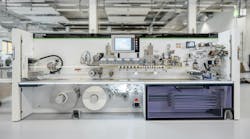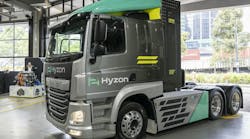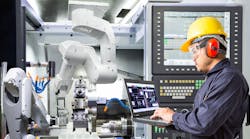by Elizabeth Burden
Robots could destroy about 7 million existing U.K. jobs but create at least that many more over the next two decades, according to analysis by PricewaterhouseCoopers.
There will still be winners and losers. Worst hit will be manufacturing, which could see 25% of current staff cut by 2037 because of artificial intelligence and related technologies, the report said Tuesday.
Health and social work will benefit most, with 22% more jobs created as British society becomes older and richer, demand for care grows and patients expect the “human touch” from medical professionals.
“Major new technologies, from steam engines to computers, displace some existing jobs but also generate large productivity gains,” PwC Chief Economist John Hawksworth said. “This reduces prices and increases real income and spending levels, which in turn creates demand for additional workers. Our analysis suggests the same will be true of AI, robots and related technologies.”
The report recommends more investment in “STEAM” skills -- adding art and design to the often-cited list of science, technology, engineering and mathematics -- and suggests that governments encourage workers to continually update their skills to complement what machines can do.
“People are understandably worried about the impact of AI on jobs, and businesses and government need to address these concerns head on,” Euan Cameron, U.K. AI leader at PwC, said. “It’s likely that the fourth industrial revolution will favor those with strong digital skills, as well as capabilities like creativity and teamwork which machines find it harder to replicate.”
The U.K. government promised to position itself “at the forefront of the artificial intelligence and data revolution” in its industrial strategy white paper, published in April, identifying AI as one of four “grand challenges” for the future. British productivity performance has plateaued since the 2008 financial crash.
One British company that has embraced AI is Ocado Group Plc, the world’s largest online-only grocer. Its warehouses are automated and instead of call center agents, it uses a machine-learning model trained on a bank of 3 million emails. So far this year, the retailer’s stock is up 160%.










